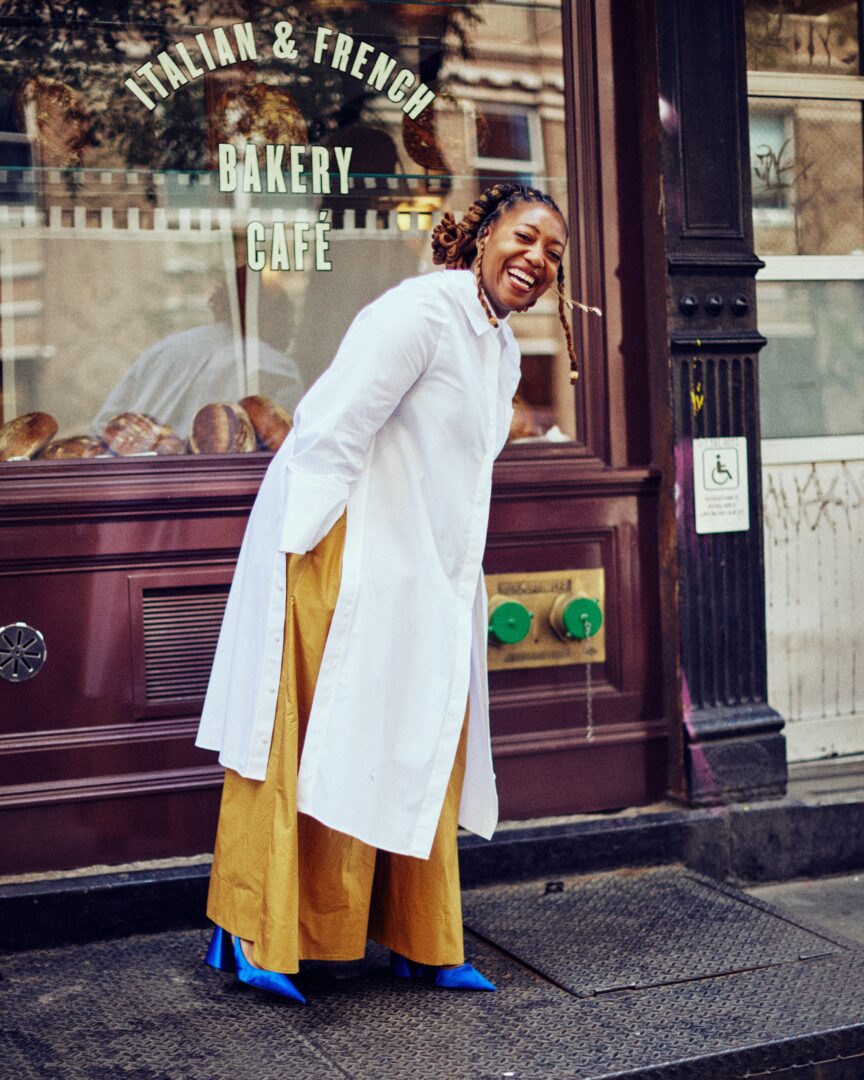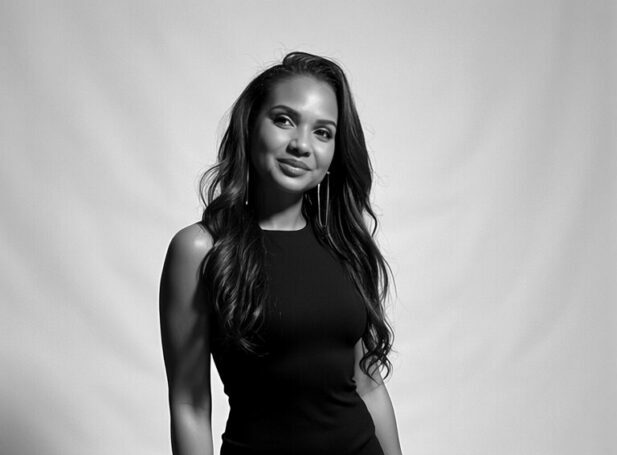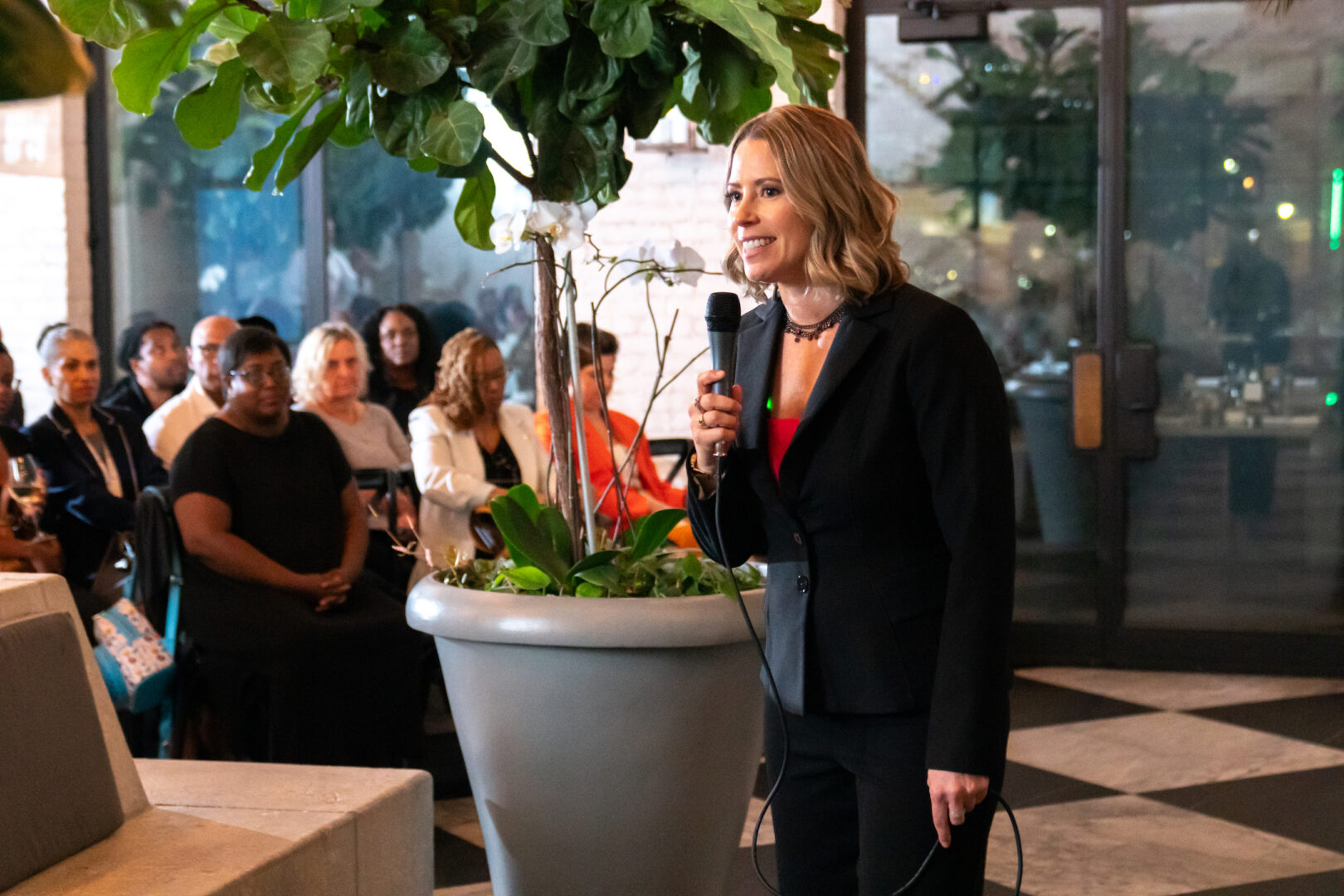We recently connected with Camari Mick and have shared our conversation below.
Camari, so good to have you with us today. We’ve got so much planned, so let’s jump right into it. We live in such a diverse world, and in many ways the world is getting better and more understanding but it’s far from perfect. There are so many times where folks find themselves in rooms or situations where they are the only ones that look like them – that might mean being the only woman of color in the room or the only person who grew up in a certain environment etc. Can you talk to us about how you’ve managed to thrive even in situations where you were the only one in the room?
Being the only one in the room is never lost on me—whether it’s the kitchen, the boardroom, or a dining room full of guests. At first, I thought I had to shrink or assimilate to be taken seriously. But over time, I learned that my strength lies in showing up fully as myself. My perspective, my palate, my heritage—all of that brings something essential to the table.
I’ve learned to ground myself in excellence. No one can argue with consistency, creativity, and care. But I’ve also learned that success isn’t just about surviving in a space that wasn’t built for you—it’s about reshaping that space so others can thrive in it too. I’ve had to trust my gut, speak up even when it’s uncomfortable, and cultivate deep relationships with people who see me—not just for what I do, but for who I am.
I’ve also found that being “the only” means you get to be the first. And if you’re the first, you better make sure you’re not the last. So I mentor, I open doors, I bring folks with me. That’s how I stay grounded, and that’s how I define success.
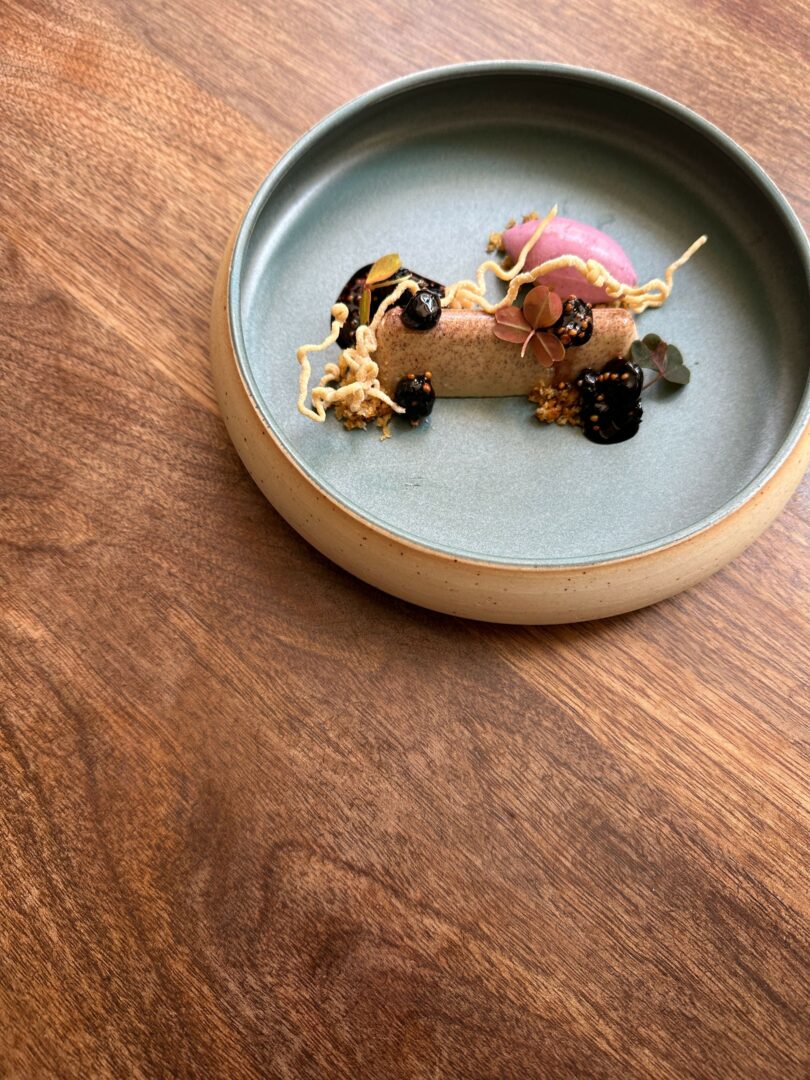
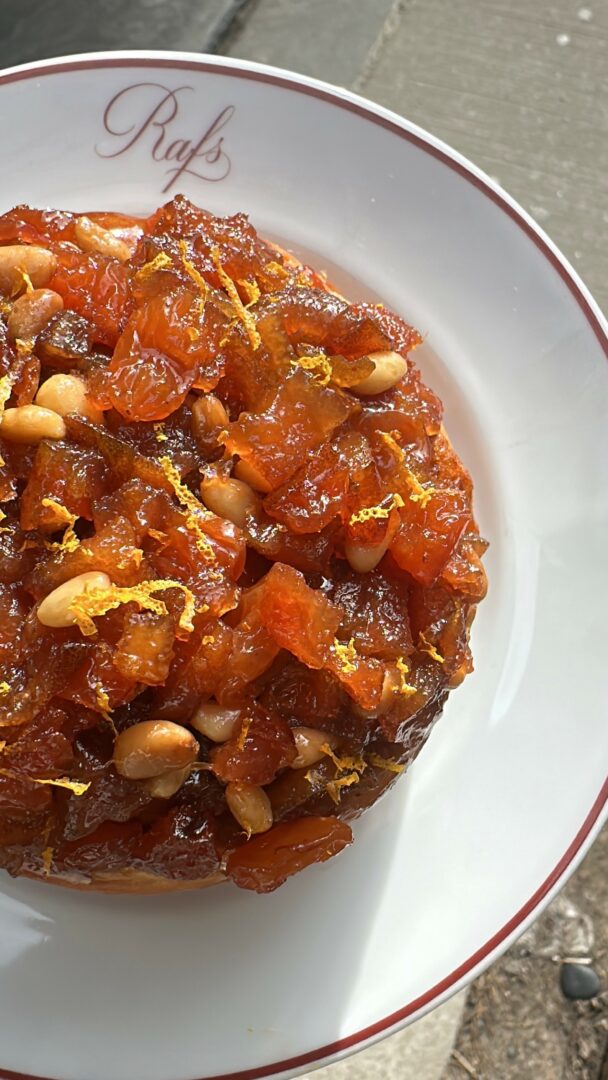
Thanks, so before we move on maybe you can share a bit more about yourself?
I’m Camari Mick, Executive Pastry Chef at Musket Room and Raf’s in New York City. At the heart of what I do is storytelling—through flavor, texture, memory, and joy. My work is rooted in a deep love for heritage and indulgence, and I try to create desserts that are as soulful as they are refined. I’m always thinking about how to evoke feeling through food, whether it’s through a flaky laminated pastry at brunch or a plated dessert that closes out a tasting menu with quiet power.
What excites me most is the interplay between nostalgia and technique—taking flavors I grew up with and presenting them in ways that feel elevated but still familiar. I’m also really energized by collaboration: with my savory team, with the bar, and with other artists across disciplines. I believe food doesn’t live in isolation. It’s part of a broader creative and cultural conversation.
Right now, I’m exploring ways to build out a more intentional pastry program across both restaurants—more seasonality, more storytelling, more cross-pollination between the two spaces. We’re also starting to host intimate pastry-forward dinners and events that lean into that blend of warmth and elegance that defines my style.
My work is for folks who savor—not just flavor, but feeling. If you come to the restaurant, I hope you leave full in every sense of the word.
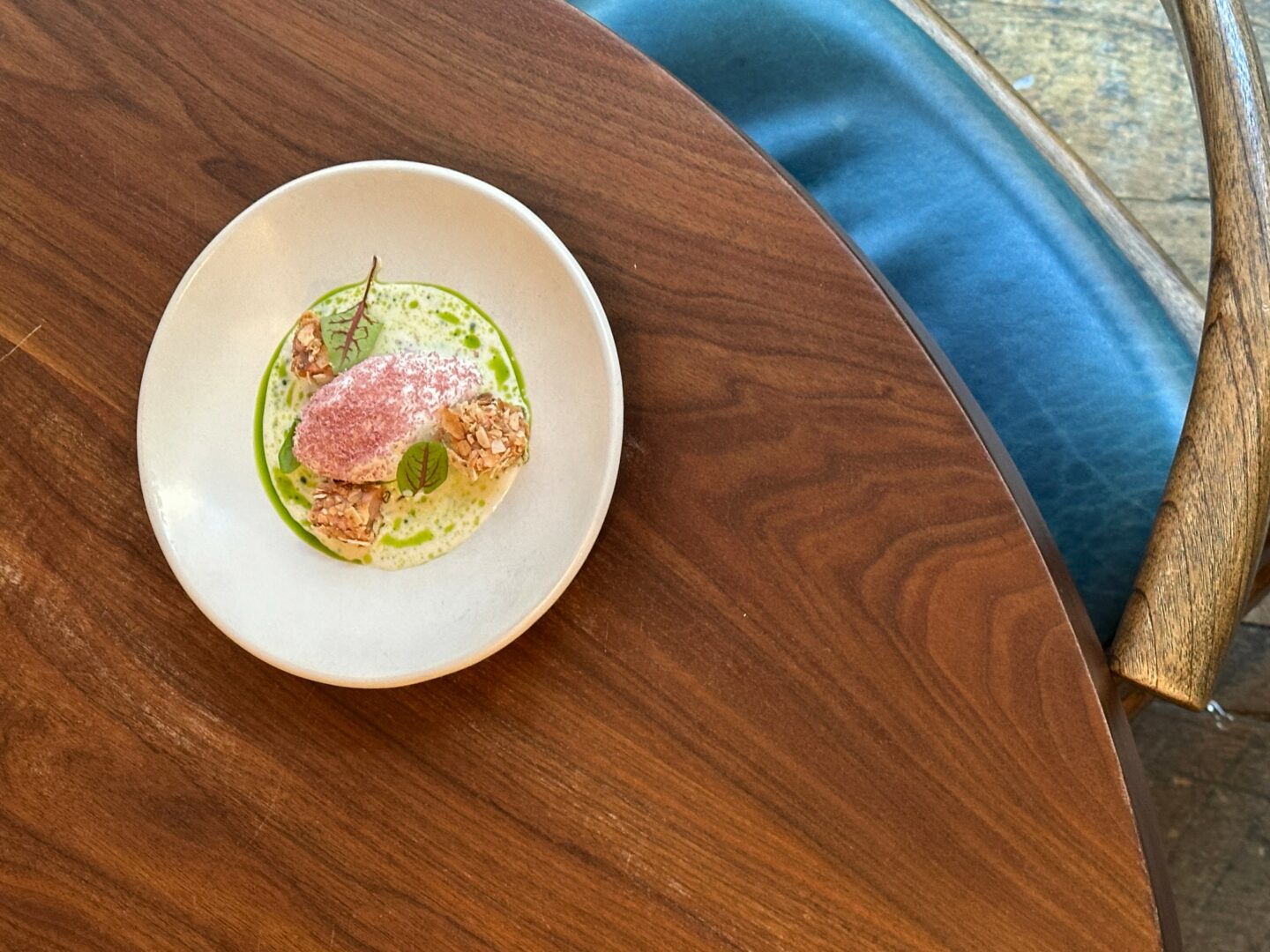
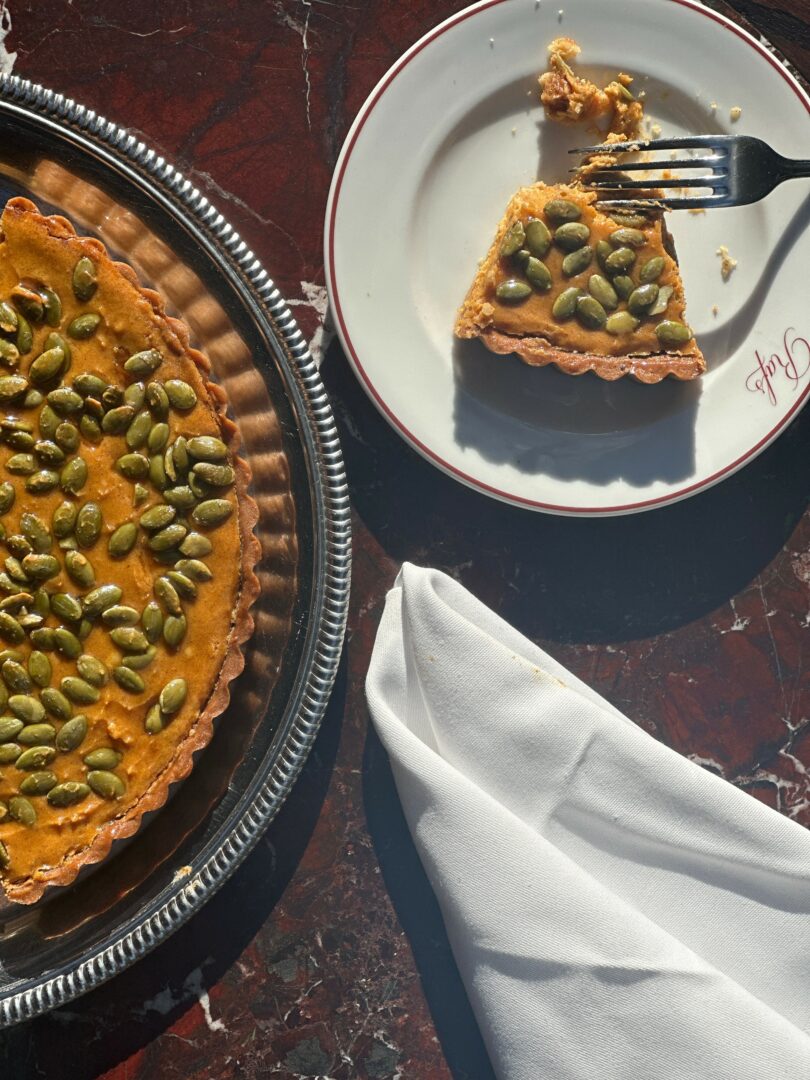
If you had to pick three qualities that are most important to develop, which three would you say matter most?
Looking back, I’d say the three most impactful things in my journey have been intuition, adaptability, and discipline.
Intuition isn’t just about flavor—it’s about people, timing, energy. It’s that gut feeling that tells you when a dough is ready or when someone on your team needs support. It’s not something you can teach in a textbook, but you can build it by staying present. Taste often. Watch everything. Ask questions. Listen more than you speak.
Adaptability has kept me grounded in chaos. Kitchens are wild, unpredictable spaces, and being able to pivot with grace—whether it’s a menu change, a dropped tray, or an unexpected curveball—has been essential. The best way to develop that is by saying yes to challenges. Work every station. Put yourself in uncomfortable situations. Growth lives there.
Discipline is the foundation. You can have talent, but without structure, it’ll burn out fast. My advice: master the basics. Show up on time. Take pride in the way you wrap a tray or clean your station. That kind of care adds up—and people notice.
And one more thing: don’t lose your joy. Hold on to the part of you that fell in love with this work in the first place. That’s what will carry you through the hard days.
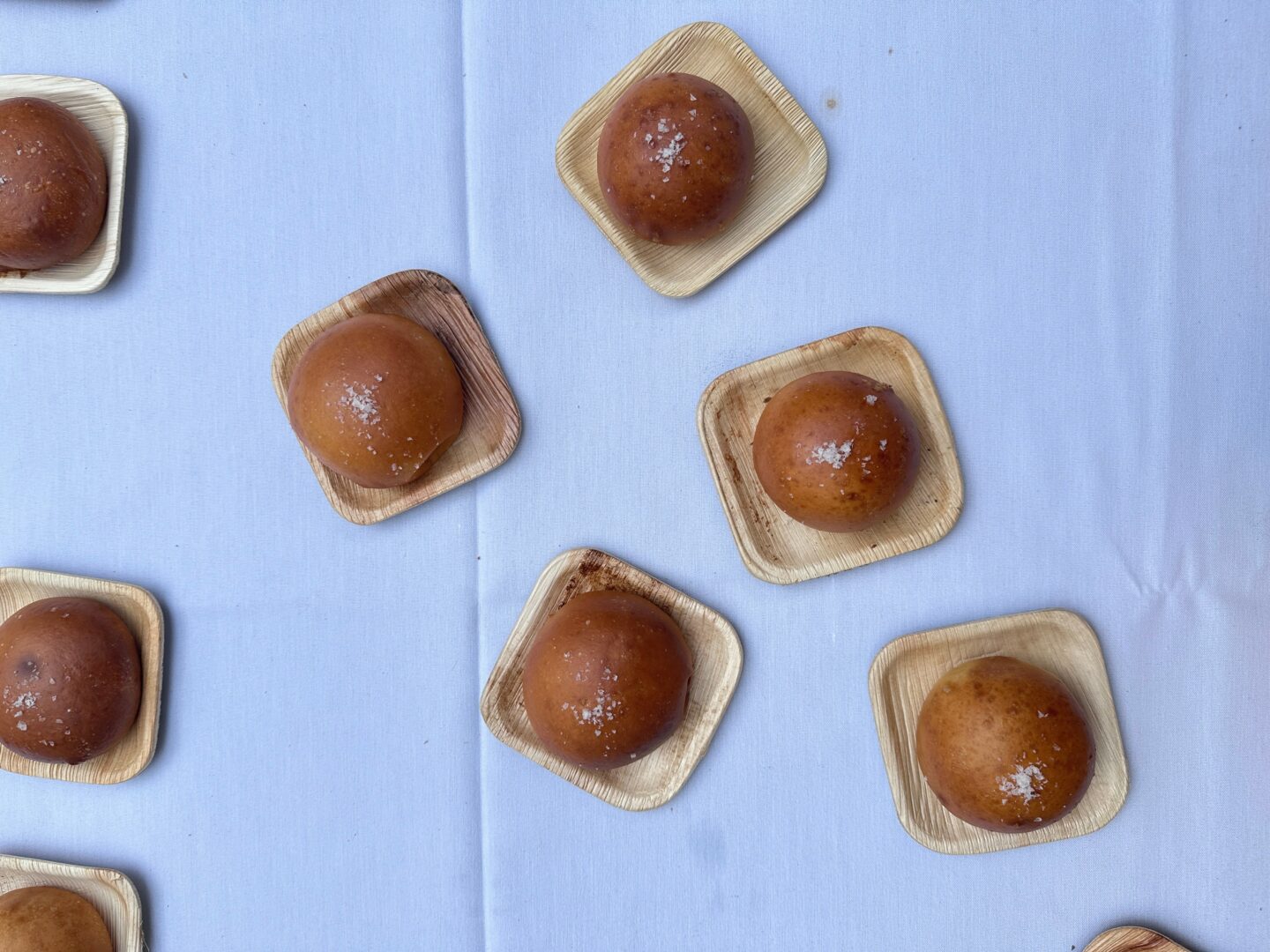
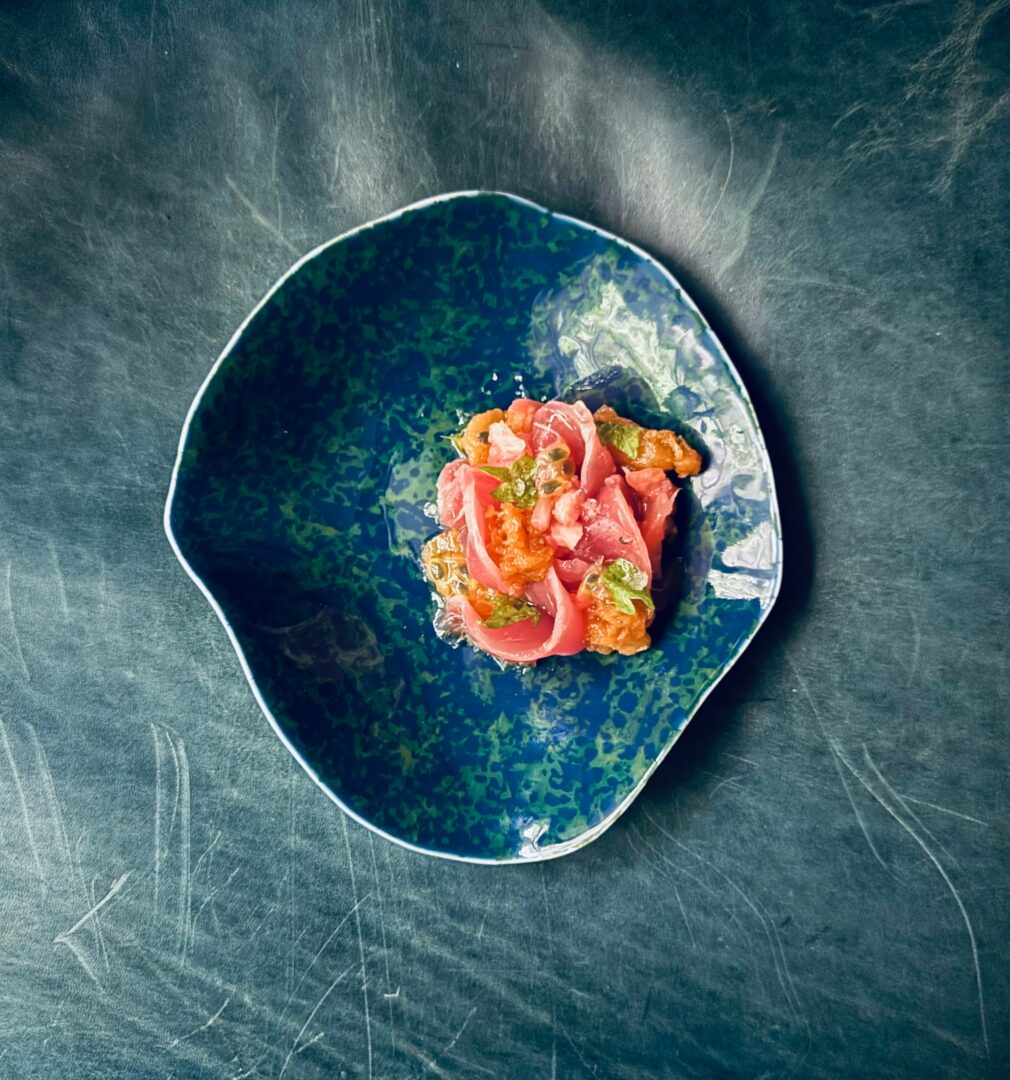
Who is your ideal client or what sort of characteristics would make someone an ideal client for you?
My ideal client is someone who values intention—someone who isn’t just looking for something beautiful or delicious, but wants meaning and storytelling behind it. I love working with people who trust the creative process, who are open to collaboration, and who see food as an experience rather than just a product.
They don’t have to know exactly what they want from the start, but they should be willing to explore with curiosity and care. I work best with folks who are clear on their values, who respect craft, and who understand that excellence takes time.
The best collaborations I’ve had were with people who wanted to create something lasting—something with depth, not just surface shine. Whether it’s for an event, a menu, or a concept, if they’re invested in quality, rooted in culture, and unafraid to take creative risks, that’s the kind of client I want to build with.
Contact Info:
- Instagram: camari_mick
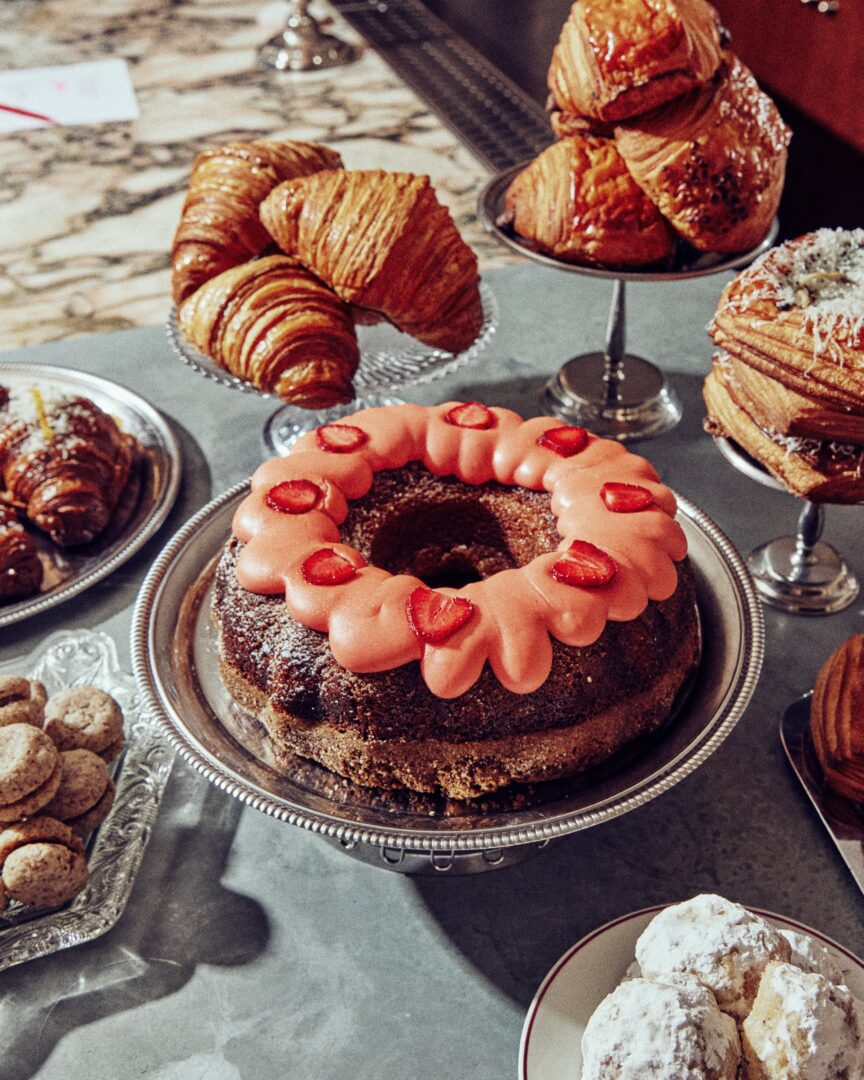
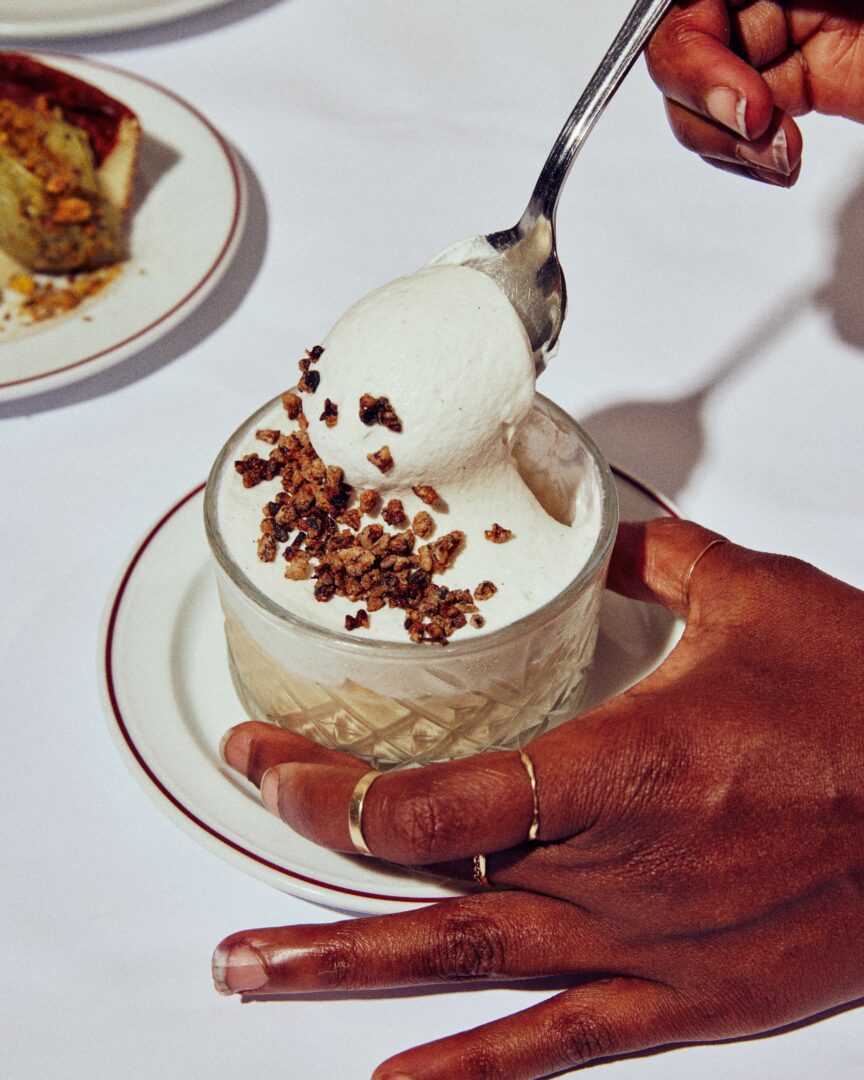
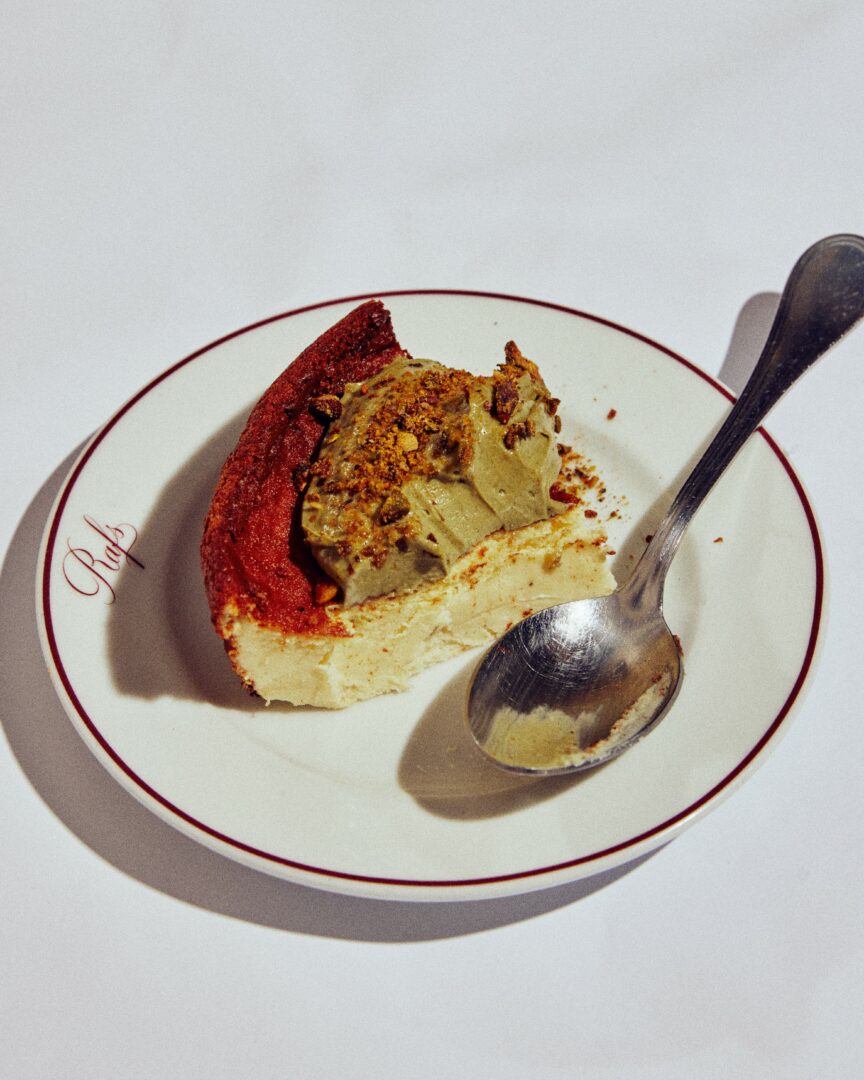
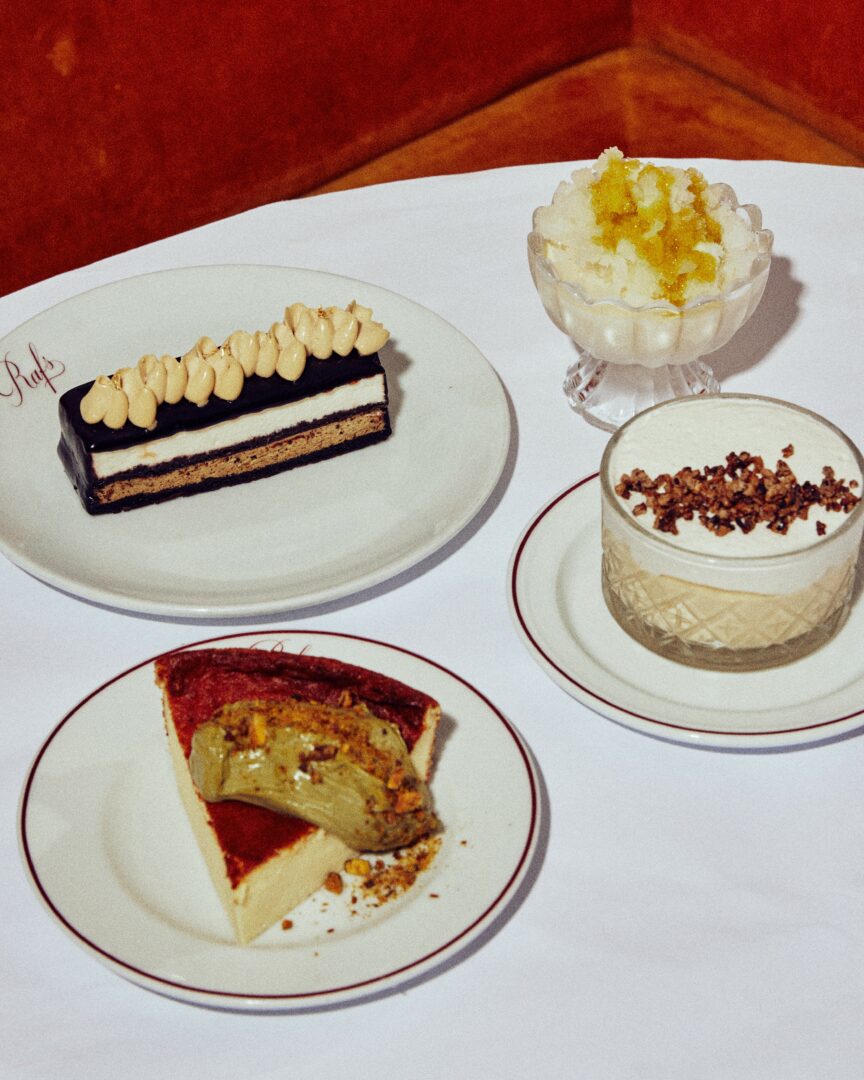
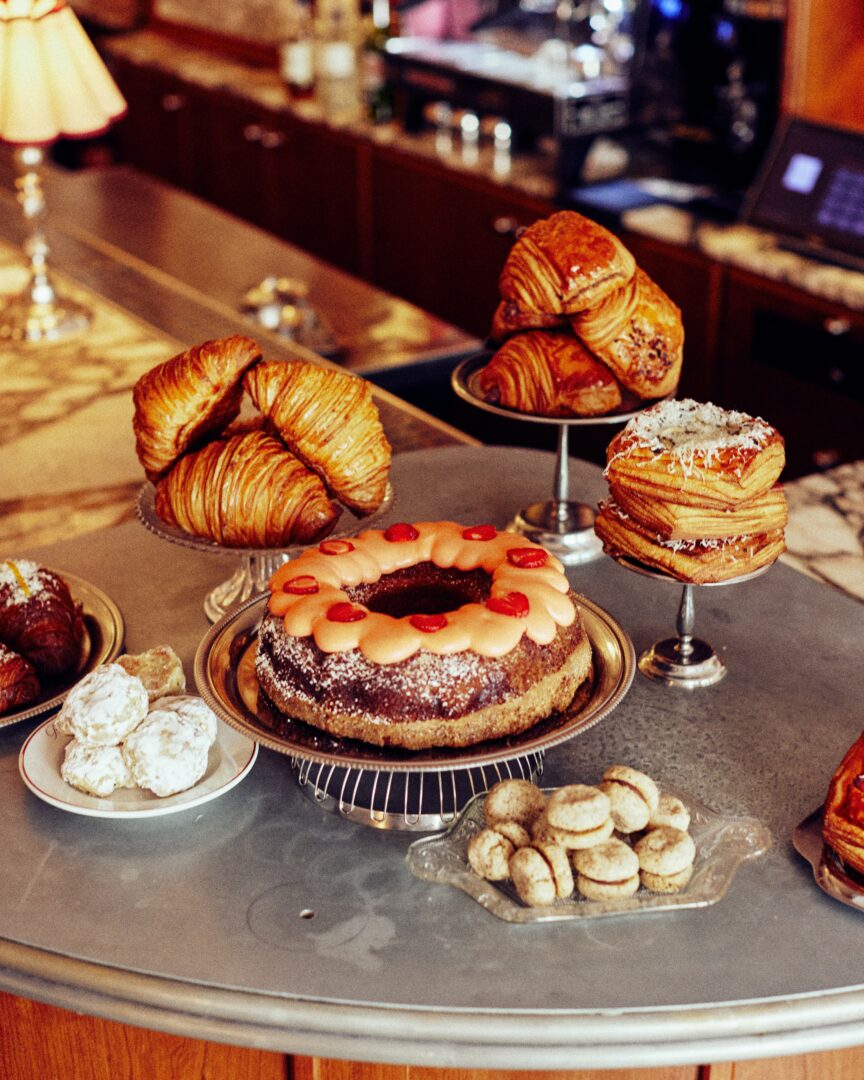
Image Credits
Alex Lau
so if you or someone you know deserves recognition please let us know here.

